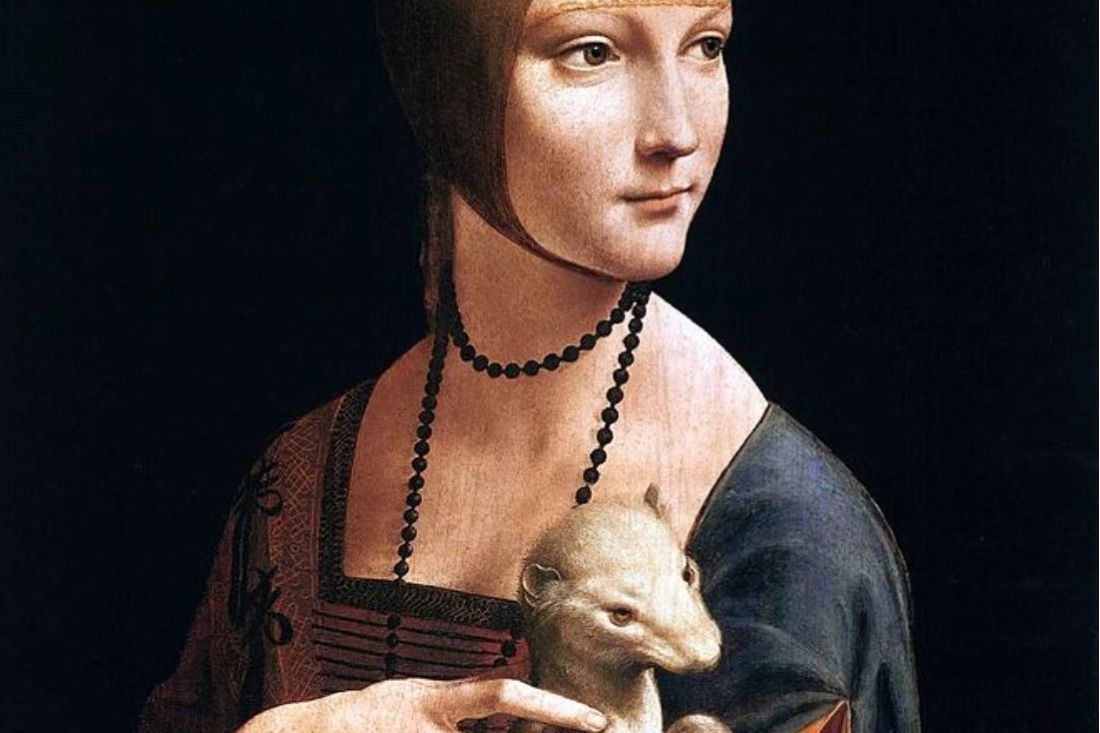Of the three Transcendentals (truth, goodness, beauty), beauty is the first to become suspect, the first to get called out as useless, the first to be subjectivized. What is the point of enrolling in an art-photography class other than to indulge your own self-expression, or, increase in mindfulness? Those courses that celebrate beauty waste one’s time because they make no money, recruit no donors, and thus have no purpose. When Roger Scruton died on January 12, 2020, the world lost a great defender of beauty. Scruton argued that we are living in a society in which beauty is affronted by two sides: in the art world, artists cultivate ugliness (the urinal of Marcel Duchamp, for instance) and in the practical world, beauty is either misused by marketing or neglected for efficiency. We may not be able to use beauty, but that is precisely its good. Beautiful things counter our assumptions about who we are and how we relate to the world. Beauty calls us to attend, to slow down, to push against the utilitarian trajectory and favor instead the holy call to delight in something—rather, someone—beyond ourselves.
If one closes her eyes, she cannot imagine beauty. In this world, beauty is analogous, only known through things. Thus, there is a tension between the temporal thing and the glimpse of the transcendent. For this reason, Russian novelist Fyodor Dostoevsky’s characters can make two opposing claims about beauty: in The Idiot one posits, “Beauty may save the world,” while in The Brothers Karamazov, poor Dmitri Karamazov cries out, “Beauty is a terrible and awful thing!” After dwelling on this contradiction for a while, Dmitri explains to his younger brother that there are two ideals for beauty, the one that saves, that of the Madonna, versus the one that causes our downfall, the ideal of Sodom. The two ideals may attract one person simultaneously with equal force: “a man with the ideal of Sodom in his soul does not renounce the ideal of the Madonna . . . God and the devil are fighting there, and the battlefield is the heart of man.” The salvific beauty of the Virgin Mother versus the alluring beauty of the sensualist, the immortal transcendent beauty set against the mortal appetitive beauty, or as Dmitri puts it, God versus the devil. Only the former may invoke beauty, while the latter exploits beautiful things.
The tension increases when we talk about beautiful people—the discussion of beauty turns to attraction and possession. In Ovid’s Metamorphoses when Daphne begs her father, Peneus, a river god, to allow her to remain a virgin, he denies her request, saying, “Your very loveliness, Daphne/ prevents your wish. Your beauty opposes your prayer.” She is too beautiful not to be married. The moment reminds me of another: in Sigrid Undset’s Kristin Lavransdatter when a priest asks the beautiful young protagonist if she would like to “offer up those lovely curls” to God, she responds that her parents have arranged a marriage for her. The priest shakes his head in sorrow: “To God they give the daughters that are lame and blind and ugly and infirm . . . And yet they wonder why the men and maidens who live in cloisters are not all holy people.” For Daphne to pursue holiness, her father must transform her into a laurel tree and, as she finally insists, “Destroy this too pleasing beauty.” Unfortunately, Kristin does not receive such an alternative—her beauty is expended by a reckless adulterer who seduces her and marries her against her father’s wishes. Why, in these stories, does beauty appear to be a curse, rather than a gift?
We mistreat beauty when we assume that the beautiful is to be used or exploited. In Plato’s Phaedrus, Socrates imagines the soul as a charioteer being pulled by two separate horses, the noble one that desires to love the beautiful and the ignoble horse that pulls the soul towards finite sexual pleasure. We must rein in the lowly desire and steer the soul towards the higher beauty. Daphne did not want to waste her beauty on virginity, but she wanted to acknowledge its divine source by offering the beauty back to the gods. Kristin should have heeded the priest’s invitation and given her beautiful curls back to the Church’s service. “Give beauty back,” Hopkins writes in the second part of his poem “The Leaden Echo and the Golden Echo,” “back to God, beauty’s self and beauty’s giver.” Only God may transform beauty from its temporal form, as an attribute of an earthly thing, to its eternal manifestation. Hopkins asks where this beauty will be kept when we return it to God: “Yonder. –What high as that! . . . Yonder, yes yonder” While the beautiful things we see here may initially incite erotic desire, there is a higher end of beauty.
Dante reminds us of this higher end in The Divine Comedy. At the top of Mount Purgatory, Dante is reunited with his paramour Beatrice, only the reunion is anything but romantic. She acknowledges that Dante’s desire for her “was directing [him] to love the Good/ beyond which there’s no thing to draw our longing” (2.31.23-24). God was drawing Dante to himself through Beatrice’s beauty, and he drew Dante up the mountain by inspiring the pilgrim with the memory of Beatrice’s eyes. Yet, she demands to know why Dante turned away from God after her death. After her beauty returned to ashes, did Dante not realize the fleeting beauty of mortal things? The beauty found on earth is meant to draw us towards its source and completion in him.
We must protect beauty where it is found, cultivate beauty in this world with a higher purpose than our own pleasure. Our aesthetics—just like our morals—must be trained. You can think something is beautiful and be wrong; beauty is not in the eye of the beholder. In The Beauty of the Infinite, CLJ contributor David Bentley Hart reminds us that beauty is objective. He writes, “In the beautiful God’s glory is revealed as something communicable and intrinsically delightful, as including the creature in its ends, and as completely worthy of love; what God’s glory necessitates and commands, beauty shows also to be gracious and inviting.” The beautiful must be “worthy of love,” “gracious,” and “inviting.” We cannot look at a urinal with a name sharpie-marked and call it beautiful, for the object does not invite us to recognize God’s loving grace. Yet, we can walk into Notre Dame cathedral and feel his invitation to be loved. We can sit atop a cliff and look out over the sea and know that all creation is a gift. From this perch, we can call the scene before us, “beautiful.” Just as we should not possess those persons that we find beautiful, nor should we consume the beauty around us.
Our call is to “behold” as it says repeatedly in Scripture. We are meant to delight in the beautiful and to cultivate beauty, as much as we are asked to know the true and to follow the good. These are not inseparable commands or hierarchical directives—the Good, the True, and the Beautiful all claim our equal piety. We miss the mark when we cultivate ugliness, devalue beauty, or use beauty for our own satisfaction. Pop stations on the radio or dissonant advertising will anesthetize our senses; we will become people who cannot hear poetry or who do not love Bach. If we decry the fundraising for the rebuilding of Notre Dame Cathedral, we will become people who have no problem worshipping inside YMCAs or sending our children to schools built like factory warehouses. As Christians, we are meant to love beautiful things, to visit art galleries, to demand beauty in our buildings, to stand still before the sunset.
There is no reason for the world to be beautiful. It is God’s gratuitous showering of grace that beauty exists. As Joshua Gibbs points out, “As far as ‘use in the real world’ is concerned, the things we love tend to be useless. God Himself is useless.” To say God is useless is not to say that God does not matter, but the opposite. God matters most: He is the end and thus cannot be used for anything. Beauty turns us away from the sin of prioritizing use and reminds us to enjoy. When we consider what is our chief end as human beings is it not, after all, “to glorify God and enjoy him forever?” From where does this enjoyment come but from the beauty of God? Near the end of his life, Scruton reflected, “Coming close to death you begin to know what life means, and what it means is gratitude.”


